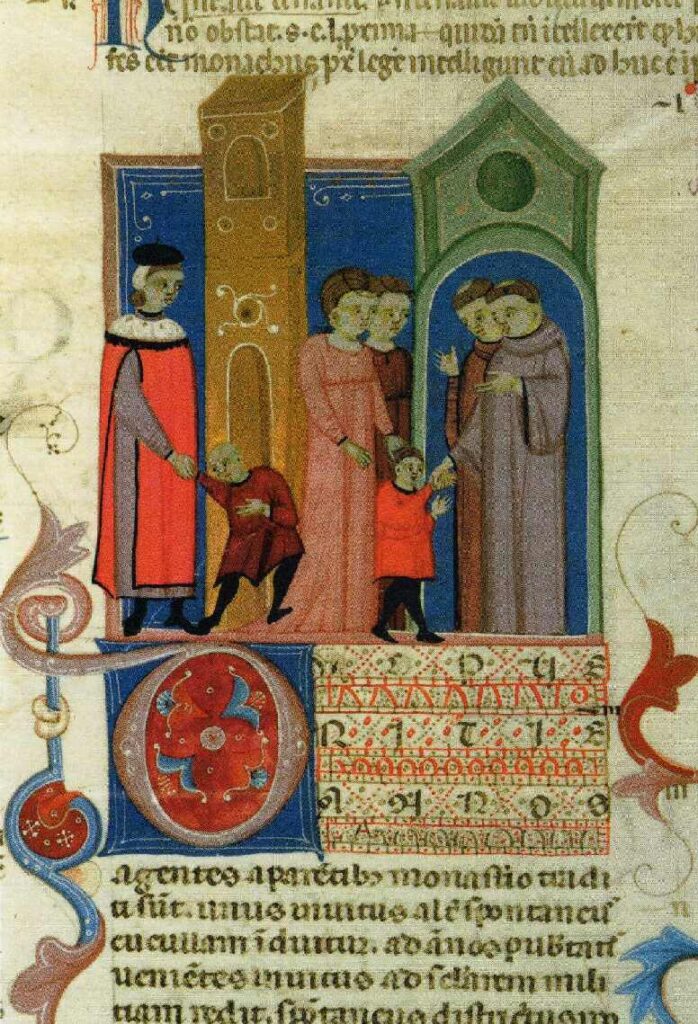In 2024, Elon Musk tweeted out “You are the media now”, to signify that independent media had surpassed the traditional media. These new independent media figures had all built their audiences through online platforms such as X, Youtube, Spotify, Instagram, Substack etc.
Something similar is happening to universities now. The internet isn’t just disrupting universities. It has made them obsolete. We just don’t realise it yet.
In this three part series so far, I have written about how the internet has already functionally replaced the modern university (Part 1) and how universities are scrambling to respond (Part 2).
In this final part, I’ll explore the likely successor to the current university system: online networked communities.
The Great Race
The battle between every startup and incumbent comes down to whether the startup gets distribution before the incumbent gets innovation. – Andreesen Horrowitz Distribution vs Innovation
Universities are in a race: will they reinvent themselves before the internet renders them obsolete? Universities are incumbents—slow, bloated, and defensive. Internet people are startups—fast, adaptive, and already winning the attention of audiences.
“Internet people”— are the bloggers, X accounts, YouTubers, and online course creators who are already doing the university’s job: sharing knowledge, curating networks, and verifying skills.
So who will win the race? Will the incumbent universities learn to innovate in the online digital world? Or will it be the Internet ppl that manage to get distribution and displace universities?
Who wins this race?
In a previous blog post, I identified these reasons why universities are fighting an uphill battle and unlikely to win the race:
- People already spend more time learning from online creators than from universities.
- Universities are tied to outdated structures (physical campuses, semesters) that slow them down.
- Companies are bypassing universities entirely by offering direct certification (e.g., Google, AWS).
I’ll add one more reason to this mix. Universities face asymmetric downside risk for experimenting and are thus incentivised to not respond to the disruption that the Internet brings. They have one win condition: successfully transitioning to an online model without destroying their brand.
Internet people, on the other hand, have asymmetric upside: they have endless ways to win. They have many exit options and many begin their journeys not setting out to become an “online university”. e.g. many might start a blog, a Youtube channel, an X account. On the way they might sell merchandise, get advertising brand deals or Patreon subscribers.
A university going online is like Blockbuster launching a streaming service: if it fails, it’s over. Meanwhile, internet people experiment endlessly, winning in ways universities don’t even understand.
The Network University
But it is still difficult to imagine a world where Internet ppl have displaced the universities. Will we all just be going to Elon Musk University? Or Logan Paul University? To answer this question, we should return to the original conception of what a university is. The latin phrase ‘universitas magistrorum et scholarium’ from which we derive the word ‘university’ translates to ‘a community of scholars and teachers.’

If we accept this definition of a university as a community of scholars and teachers. Then any networked group of individuals who are connected through common interests, who communicate through digital channels and who publish their work freely for everyone to see – has created a university. In fact, thousands or even millions of different universities exist today online each of which cover some small niche or topic.
To give you one example of one such online community. I pay $250 USD a year for Cedric Chin’s blog, Commoncog—the best business education I’ve ever had, far more valuable than a $50,000 MBA. For $250, I get real-world insights. For $50,000, I’d get PowerPoint slides and a network of people who paid $50,000 for PowerPoint slides.
Why?
- It’s authentic – Cedric writes from experience (e.g., training Judo full-time, analyzing why Chinese businessmen dominate Southeast Asia and his experience as a startup operator in Vietnam).
- It’s human – You see his thoughts evolve over time, unlike static university courses.
- It demonstrates skin in the game – If Cedric’s insights aren’t valuable, he loses subscribers. Universities, on the other hand, live off past prestige rather than real-world results.
Aliens University
As another example of an budding online university, take Jesse Michels – who produces a Youtube channel called American Alchemy which focuses on topics surrounding UFO’s, exotic technology and parapsychology.
Jesse Michels’ day job is venture investing for Thiel Capital. So why produce a show about UFO’s?
If i’m a content creator… then you have a funnel of interesting people that like go into engineering and then after a few years they get out of engineering they want to start a startup and you’re the first person that they talk to because they’ve watched your content they know you’re interested in this kind of stuff.
– Jesse Michels, NASJAQ Youtube Video
Forget choosing between Harvard and Stanford. The real choice is between an outdated institution and a global network of creators who actually know what they’re talking about. Or, as Jesse Michels puts it.
I think that’s the deal flow. Instead of going to a university like you are going to universities just online and it’s it’s distributed.
You are the University Now
Thousands of tiny universities are now being seeded across the internet today, each focused on a niche, specific topic. It is inevitable that influencers who now mainly share knowledge with their audience, will turn to building engaged communities and will eventually move to verify skills and credibility amongst their community. Universities are no longer gatekeepers of knowledge. The internet is. And if you’re reading this, you are the university now.
